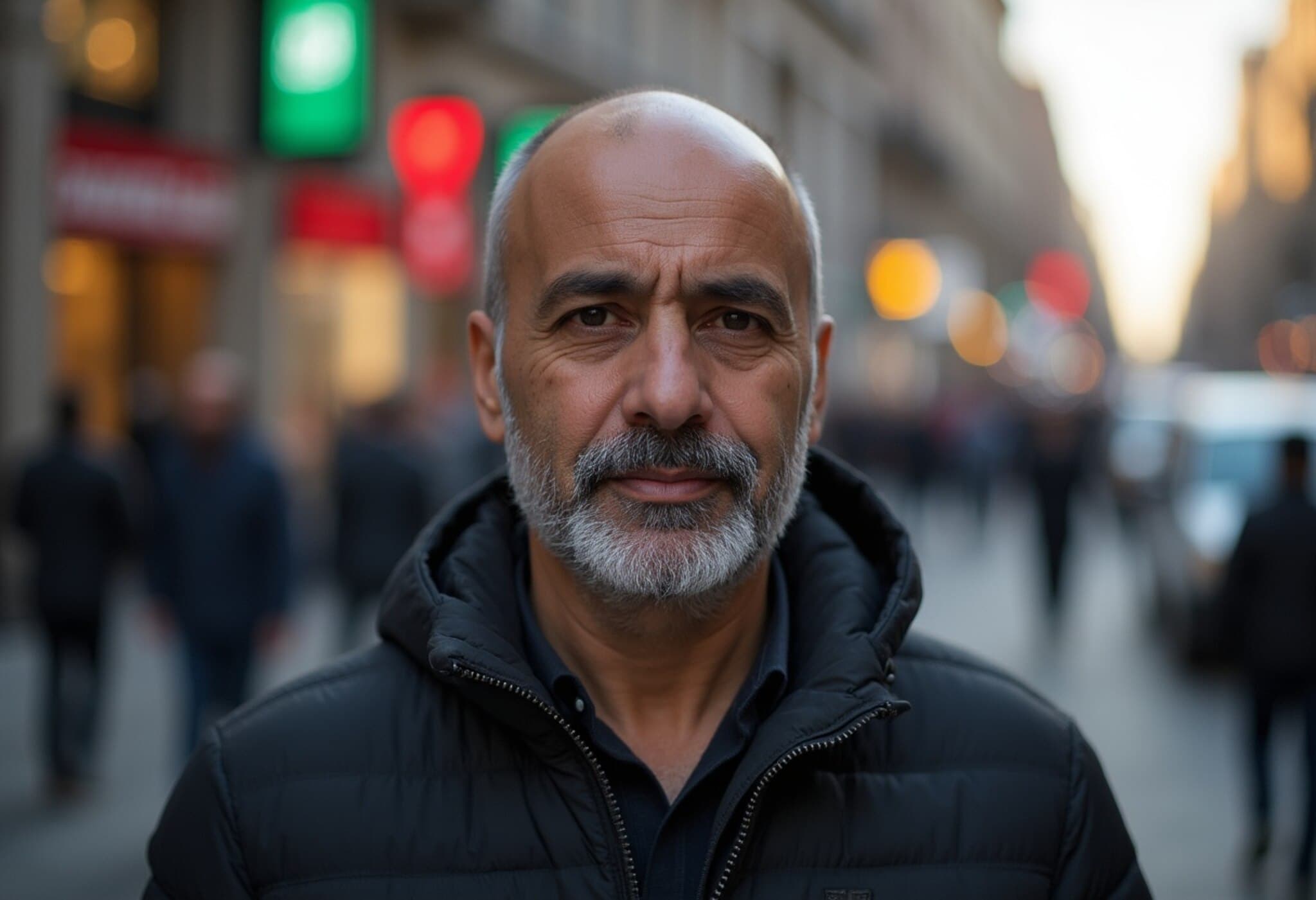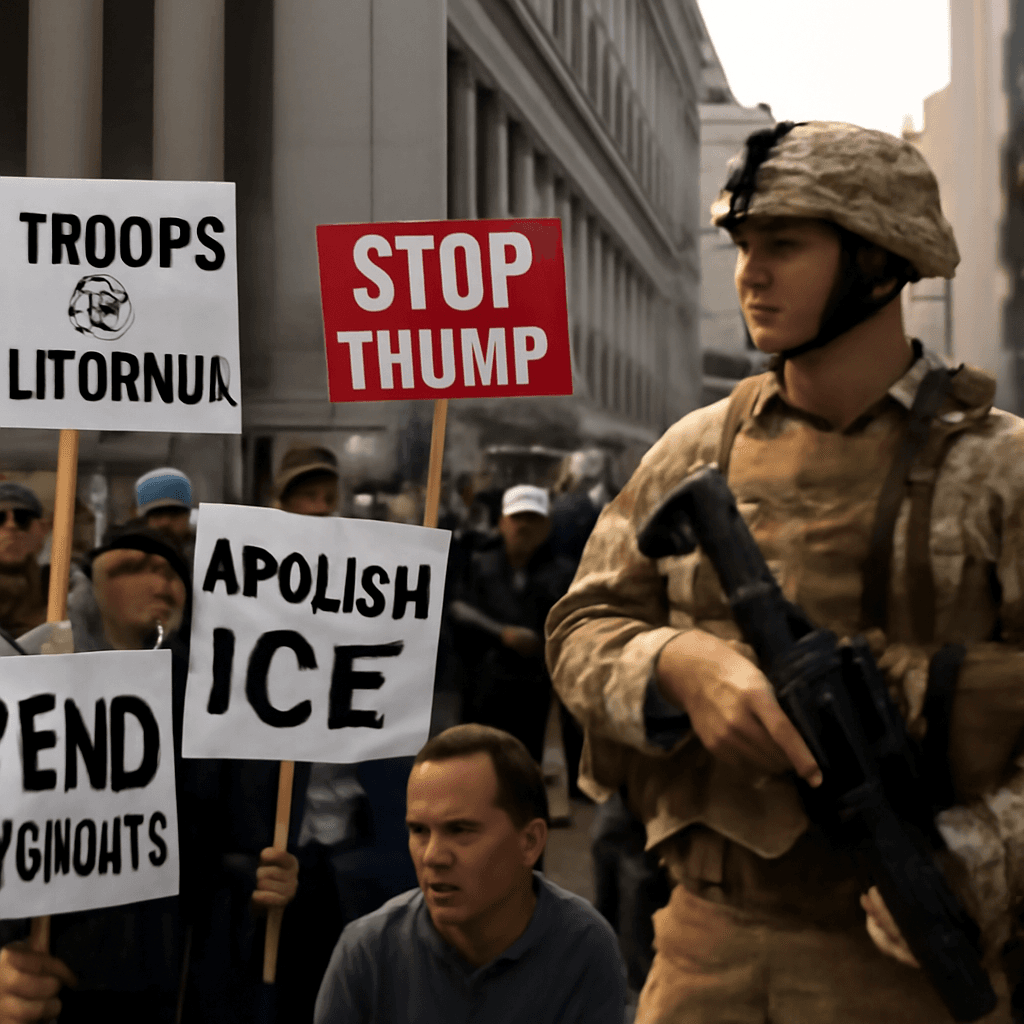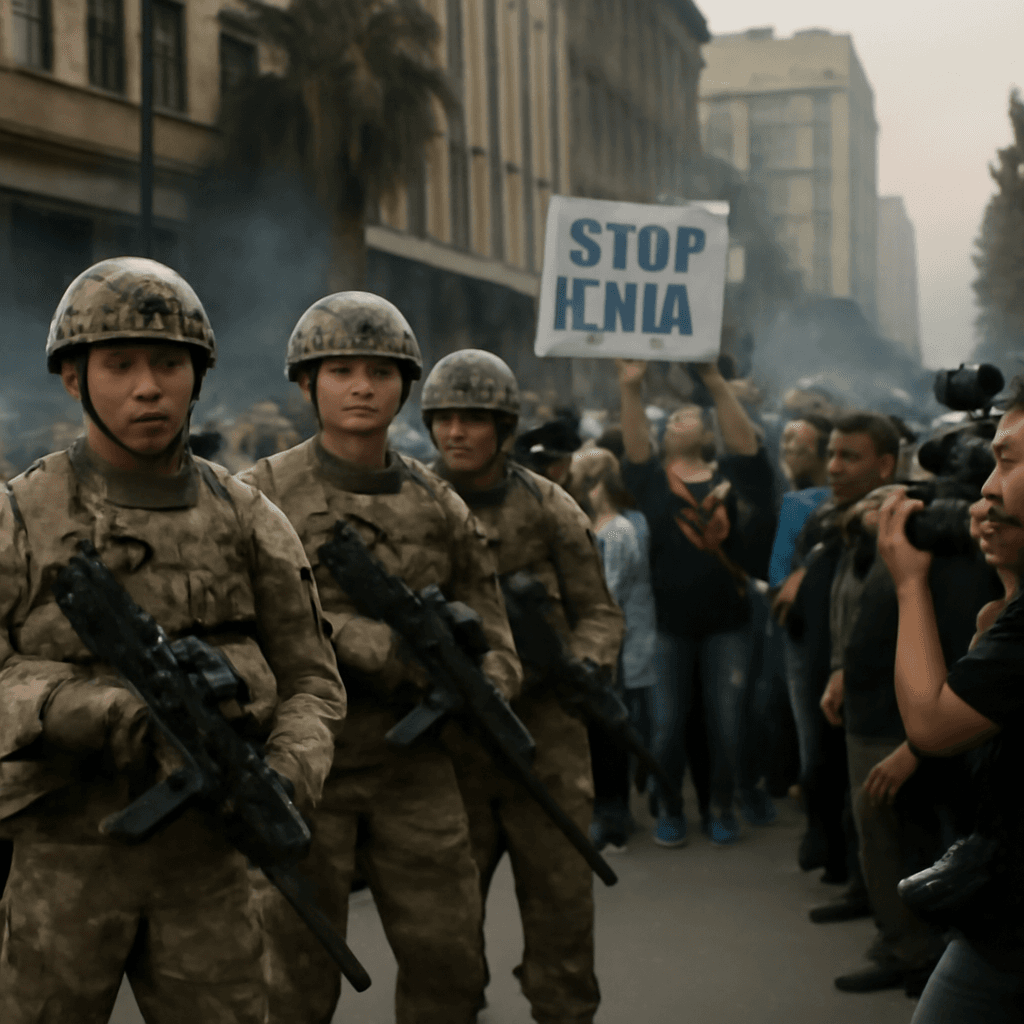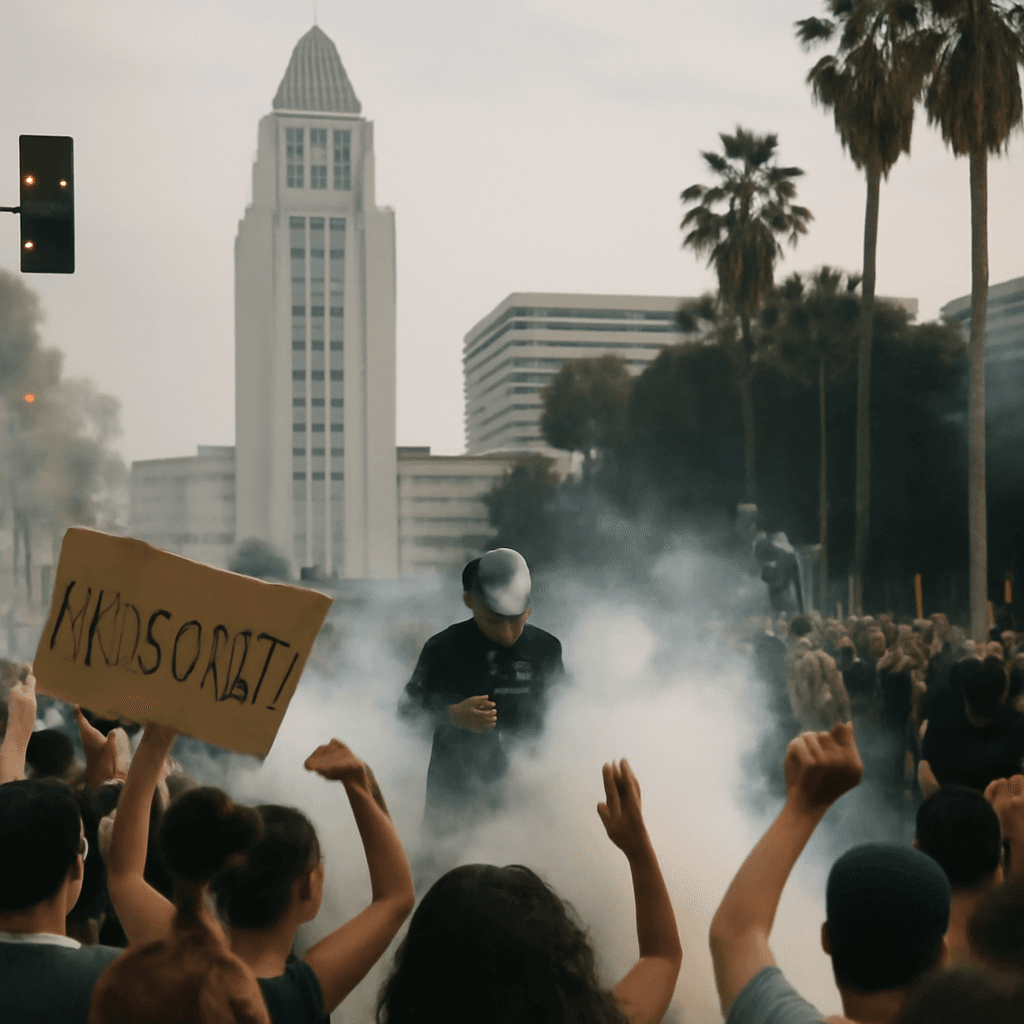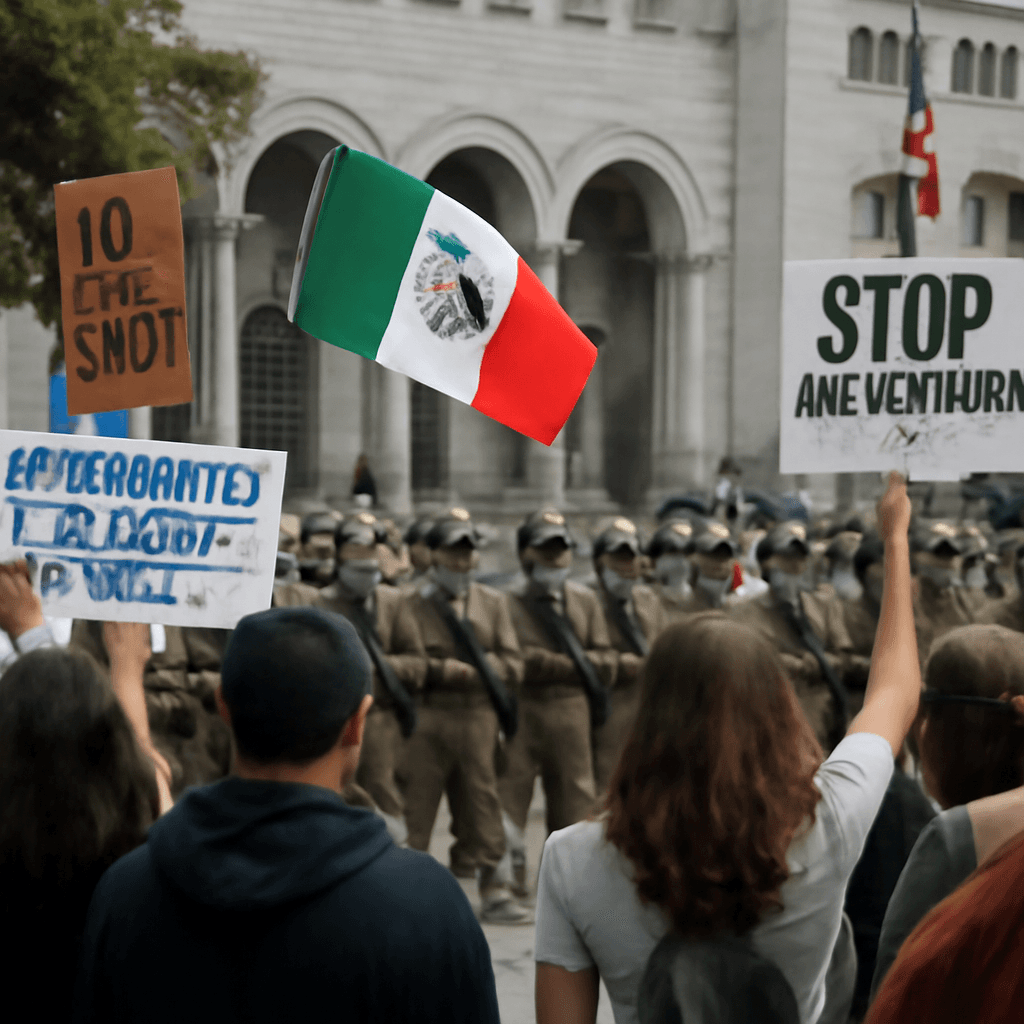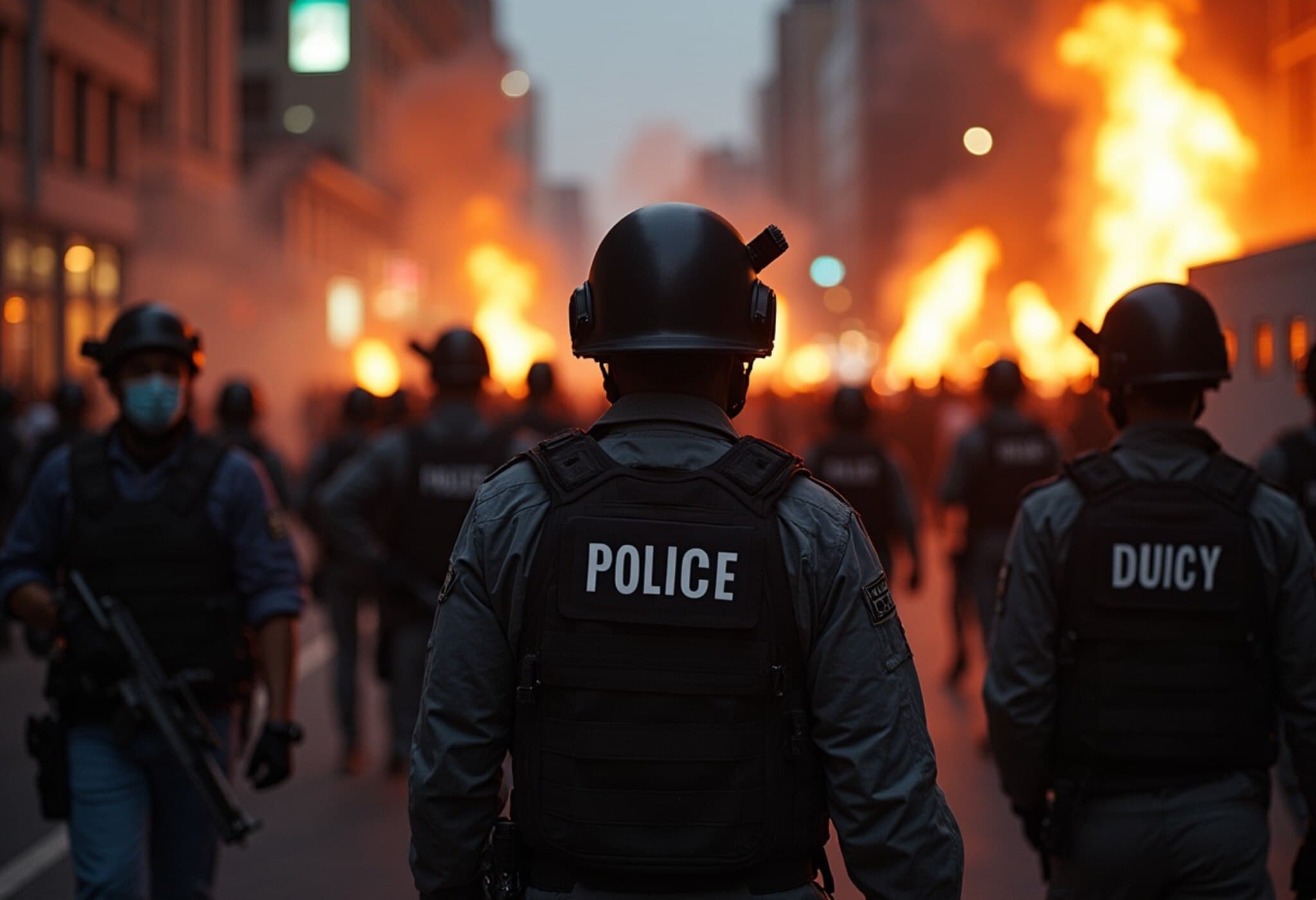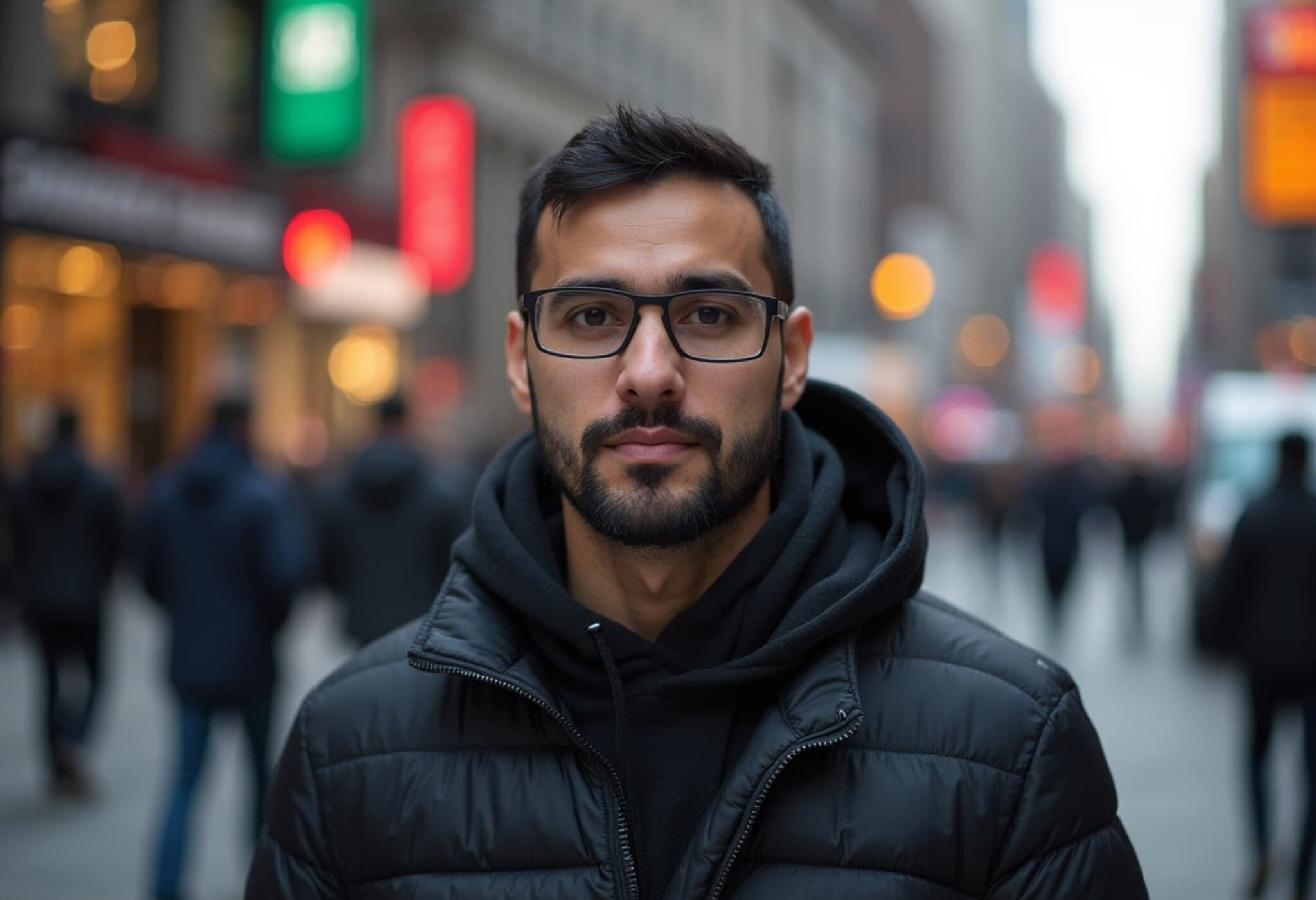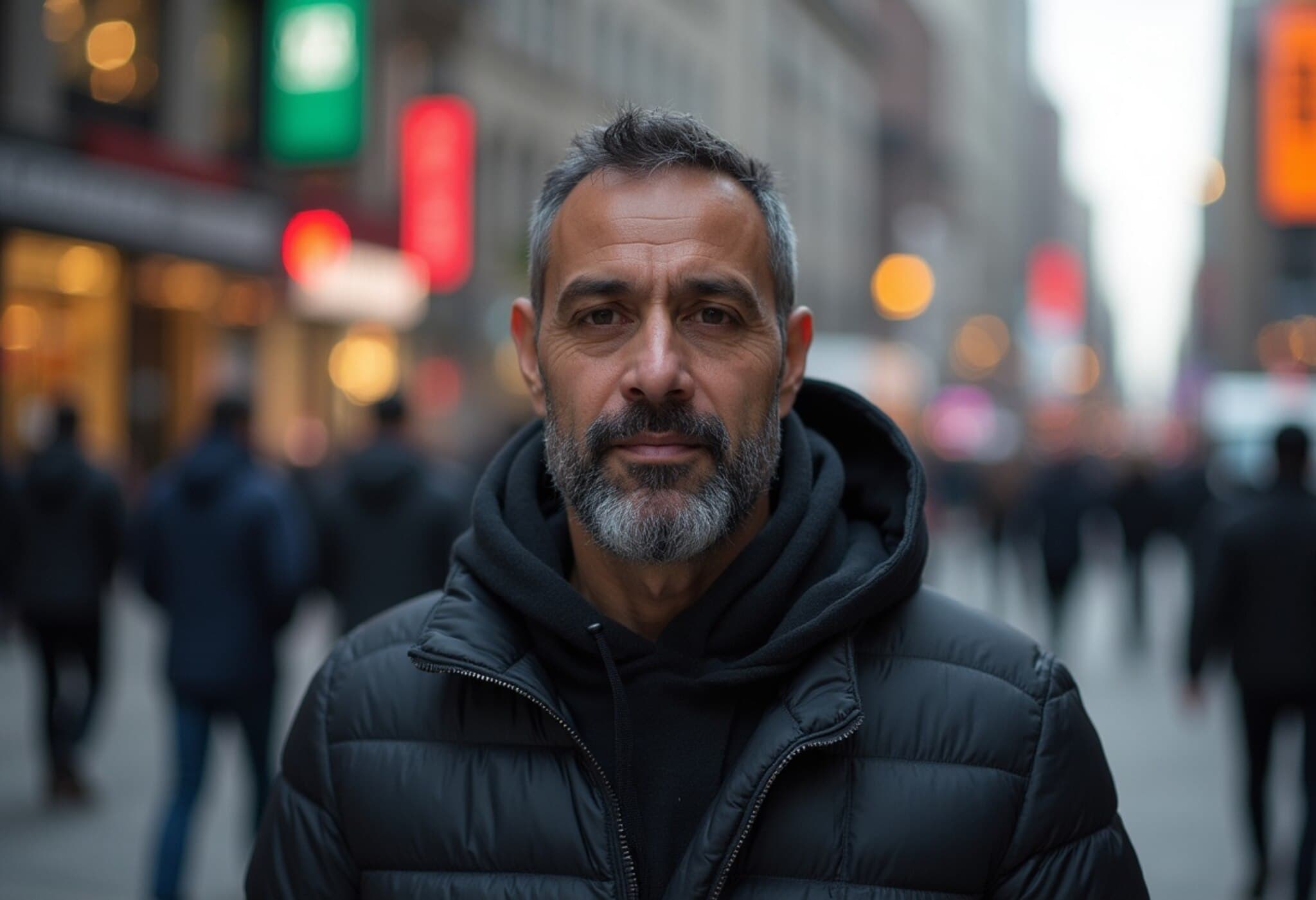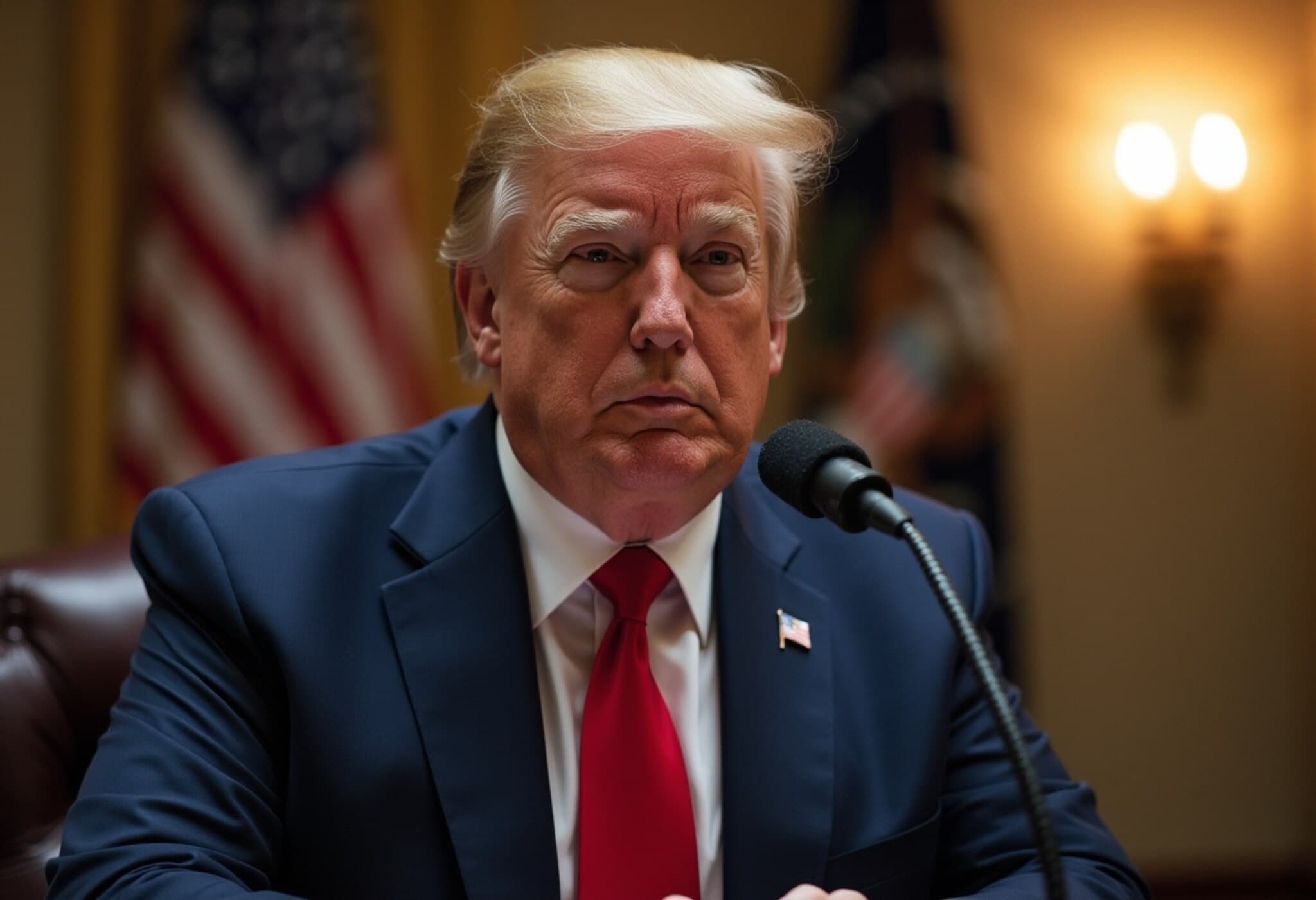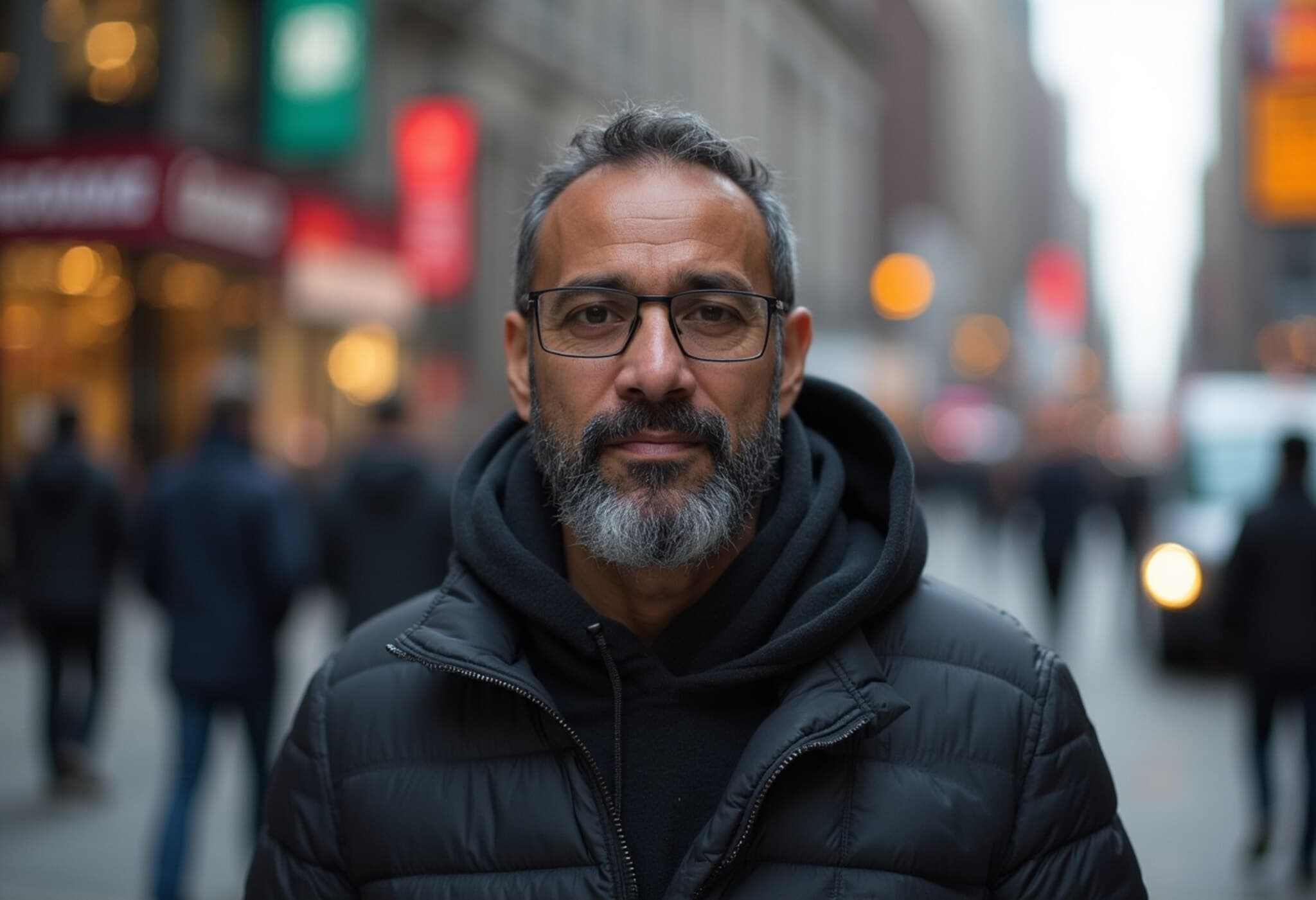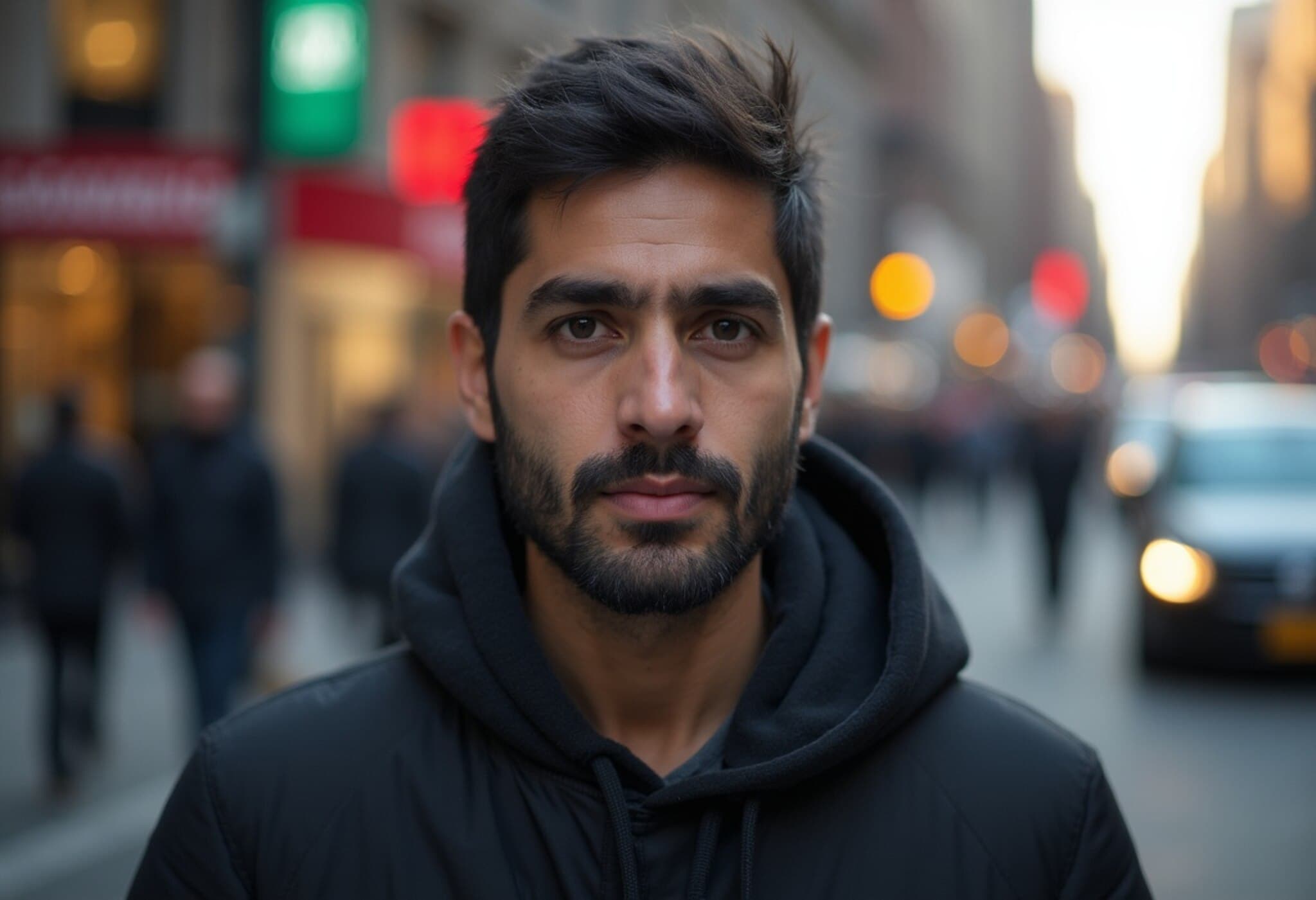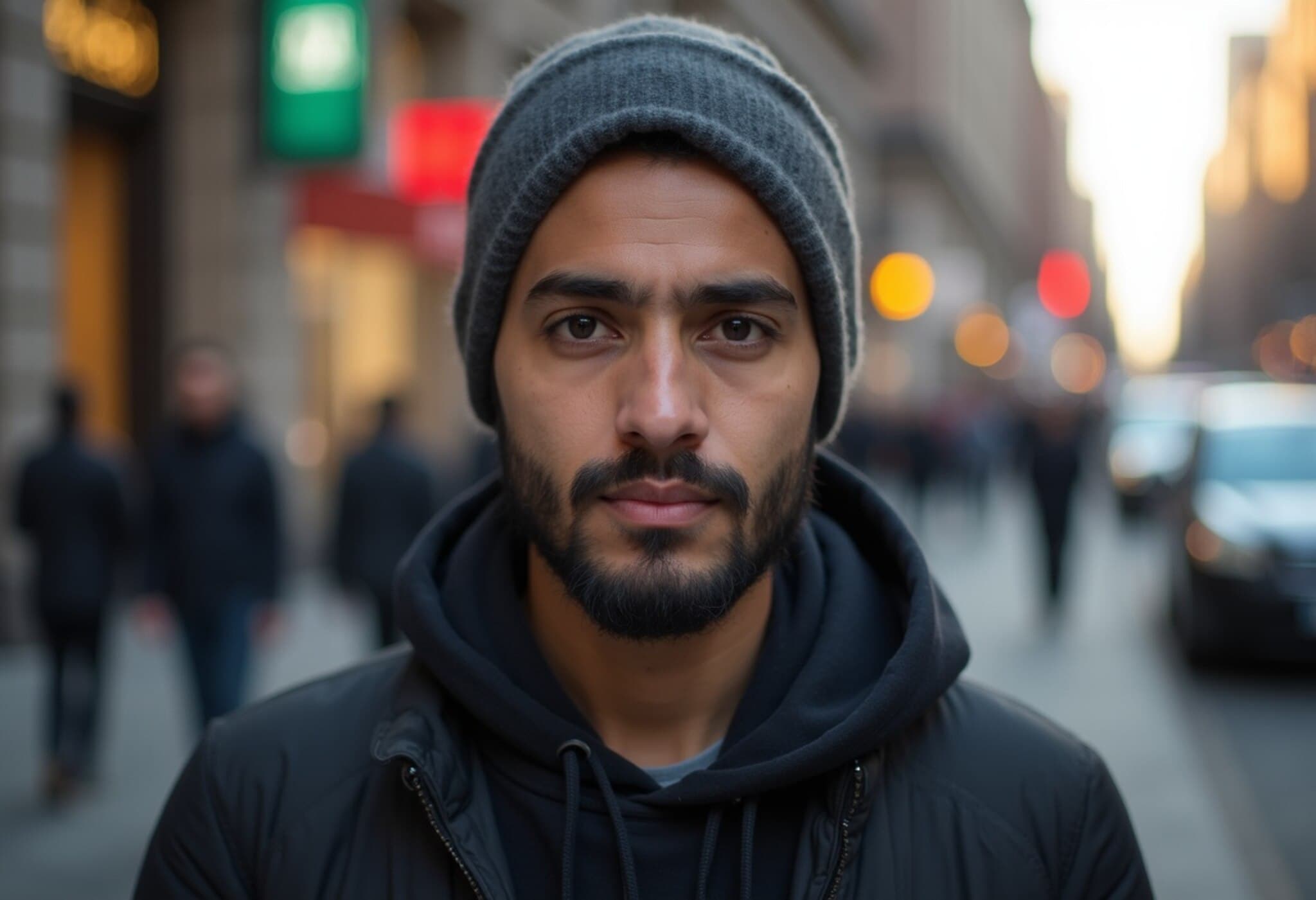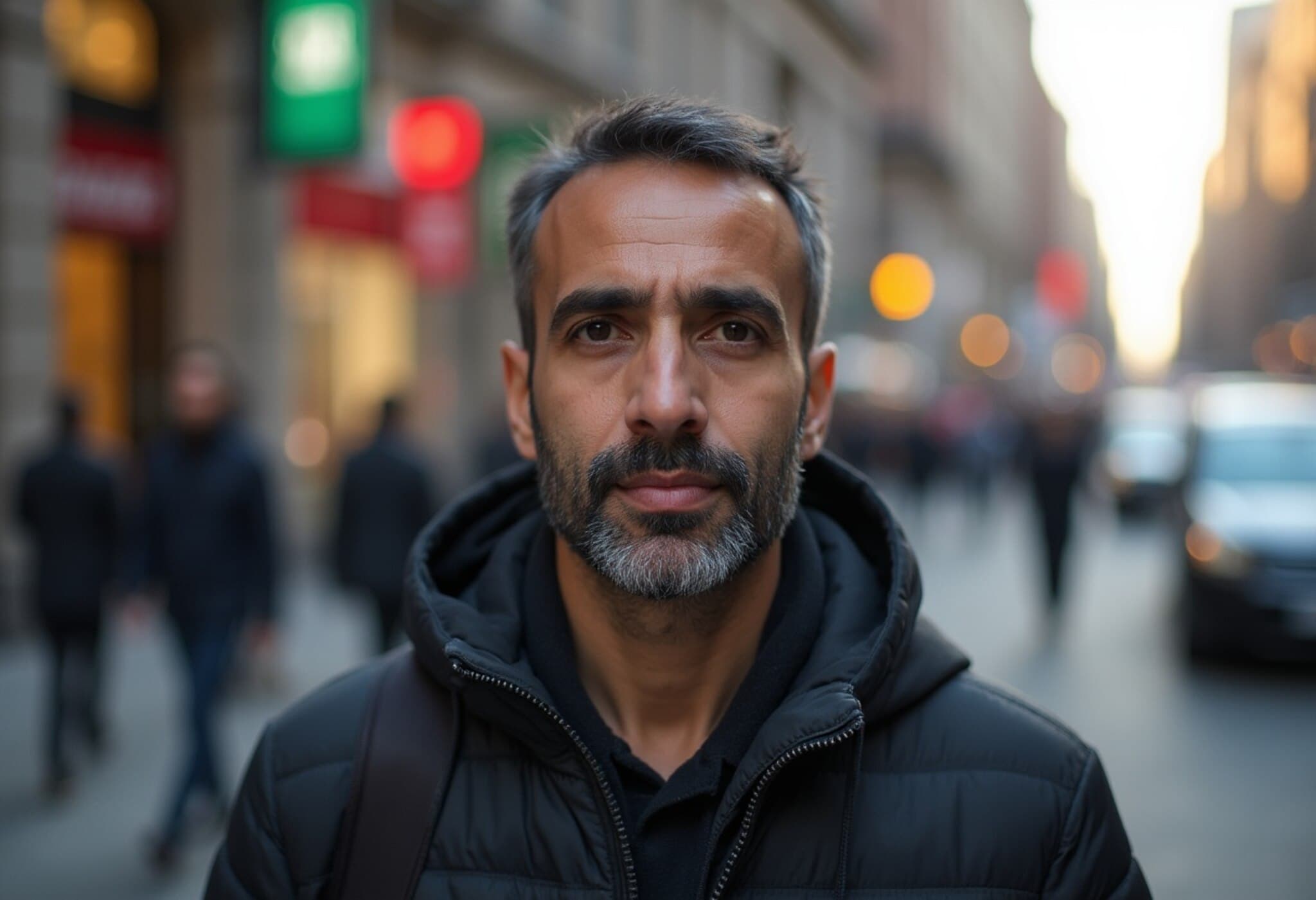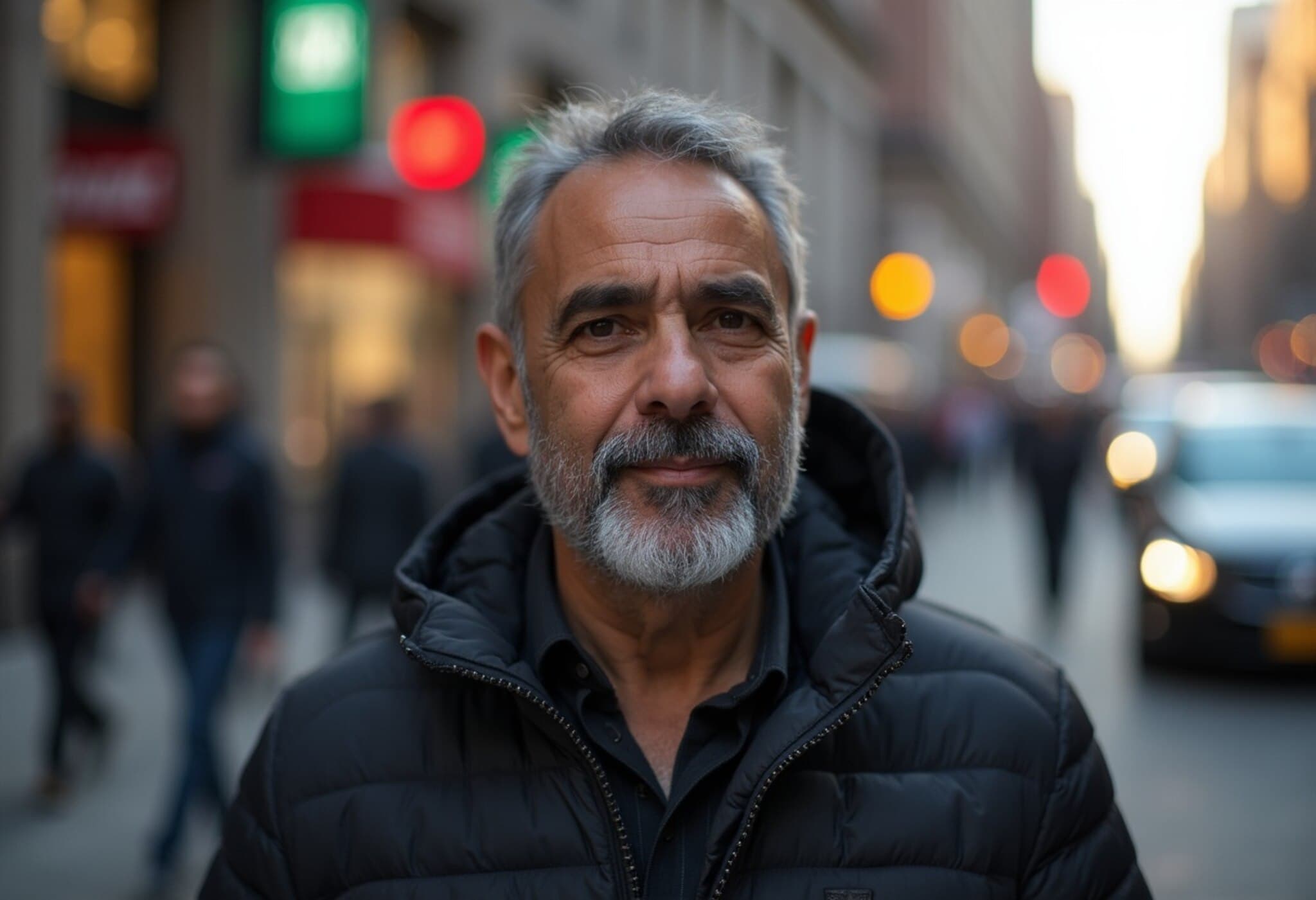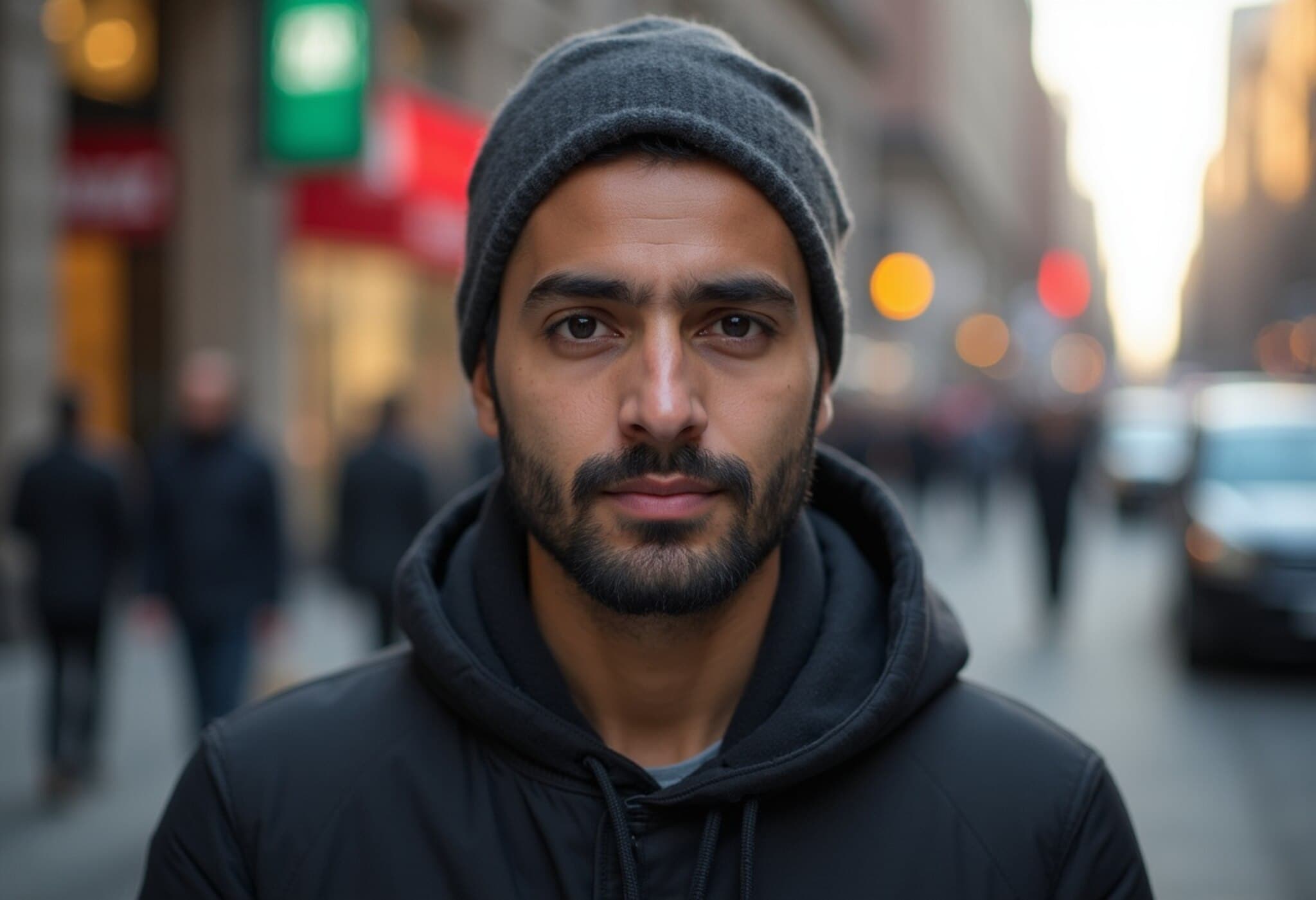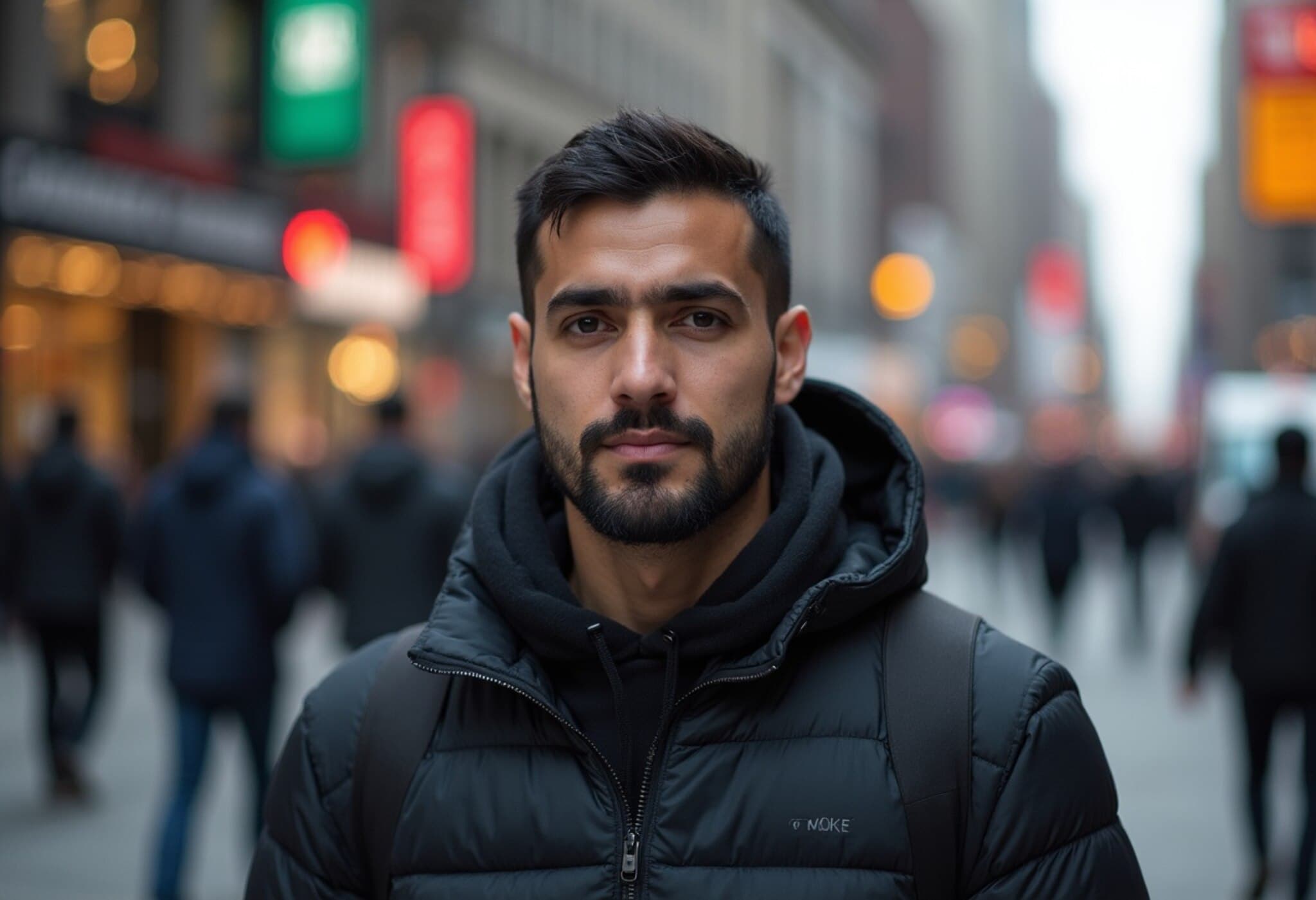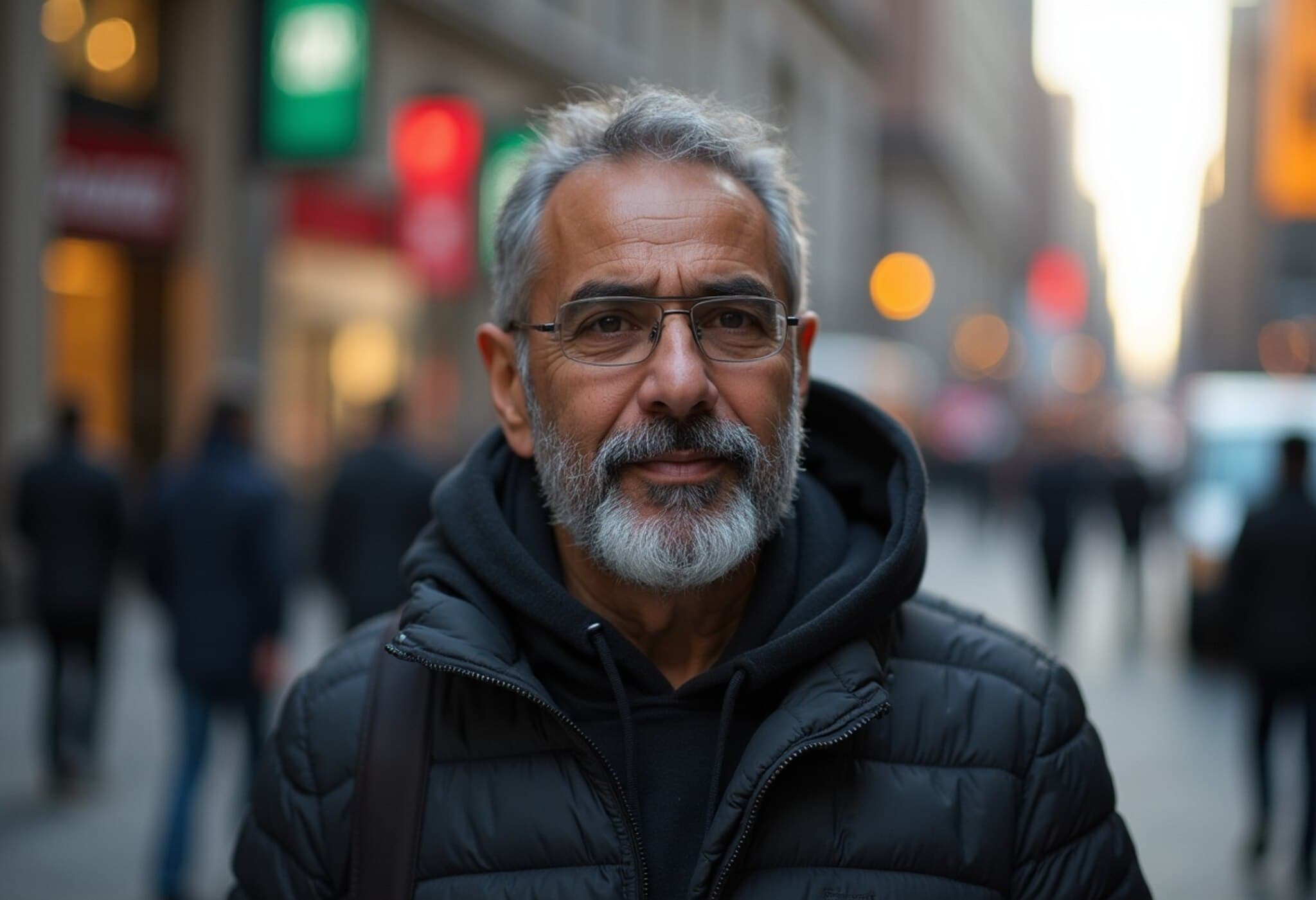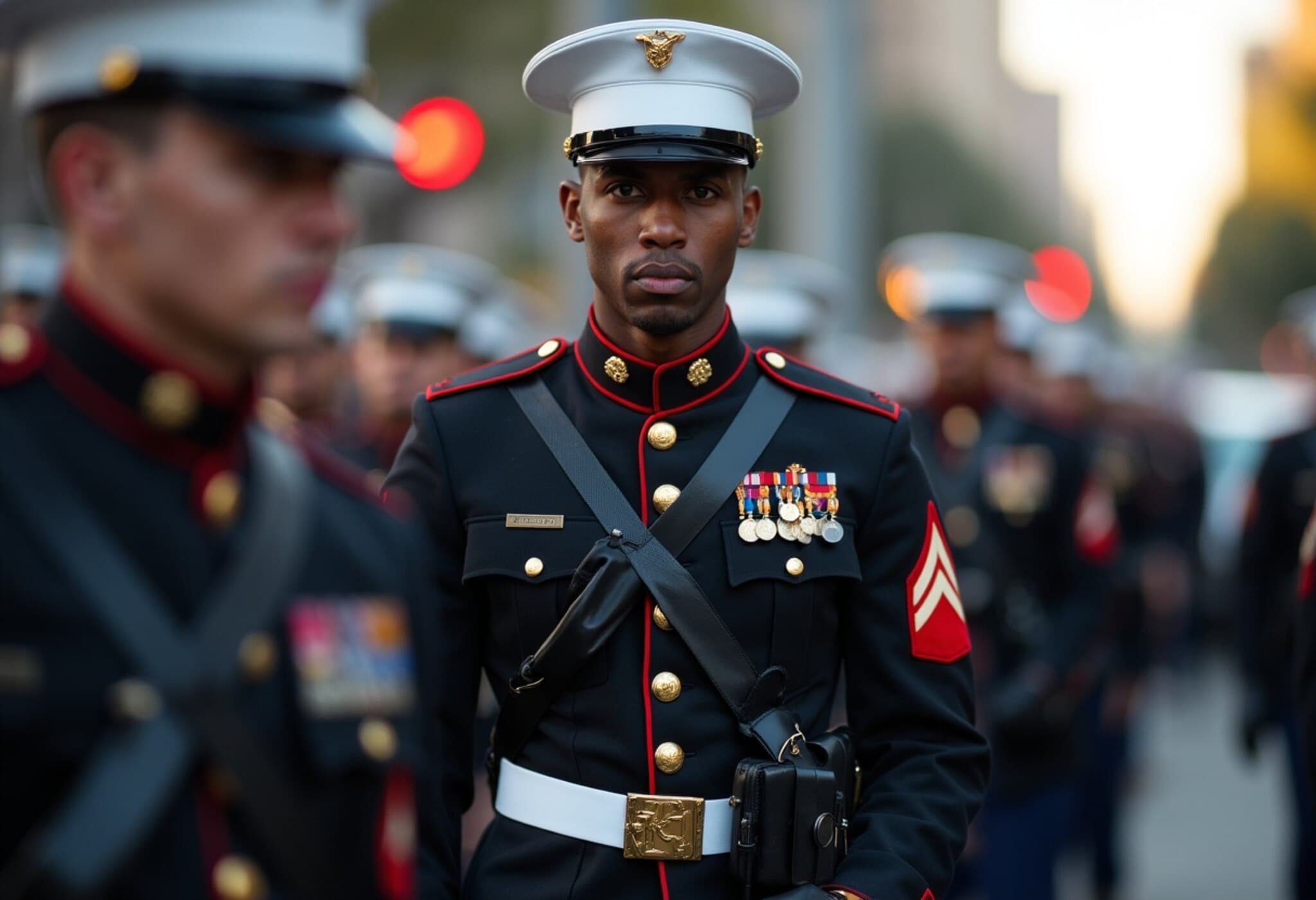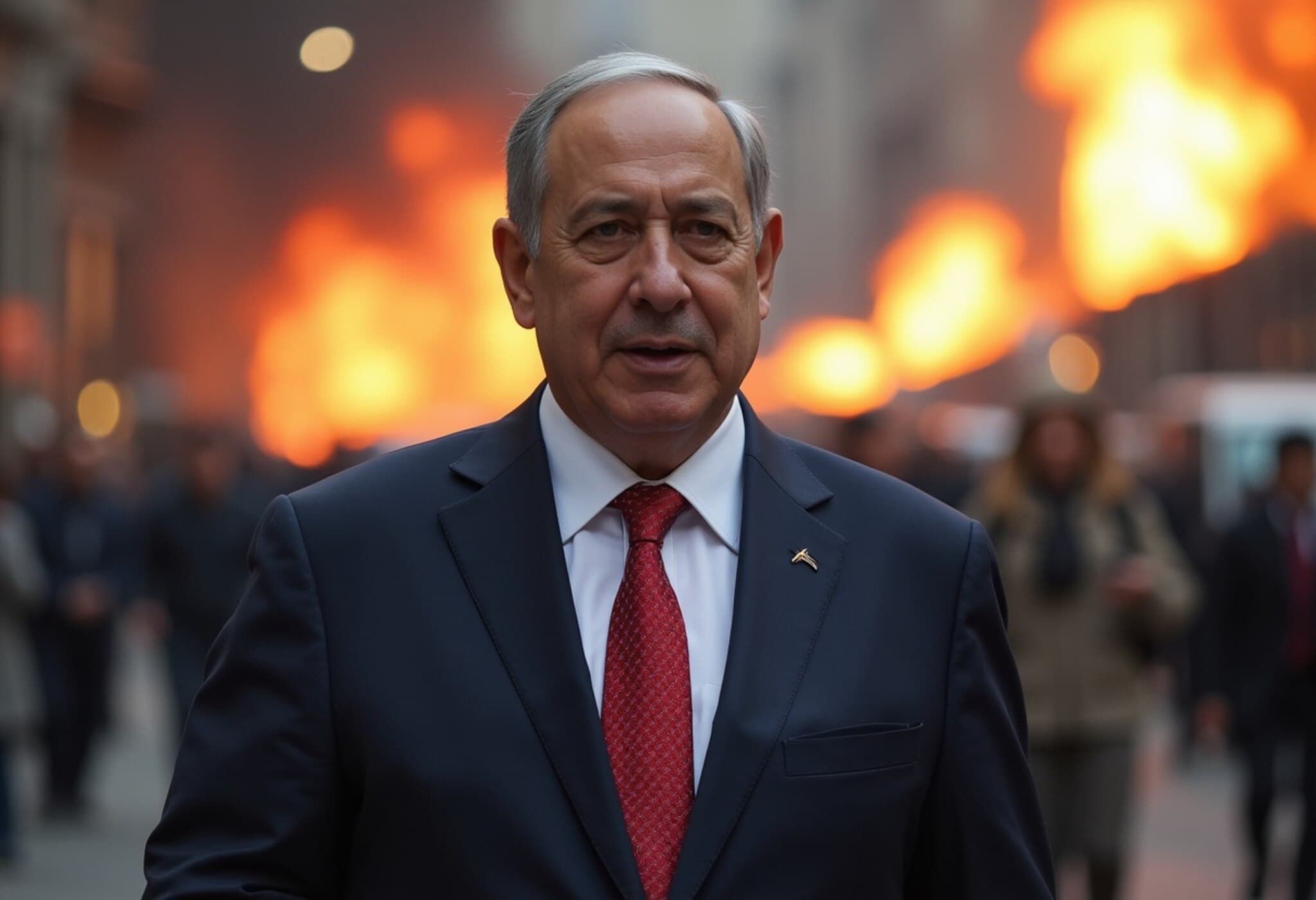US Court Extends Detention of Prominent Pro-Palestinian Protest Leader
Despite a recent court order calling for his release, Mahmoud Khalil, a pro-Palestinian student activist and legal permanent resident, remains detained in the United States. The situation has sparked considerable debate over immigration enforcement and political activism.
Judge's Order and Government Response
On Wednesday, US District Judge Michael Fabiarz ruled that Khalil could not be held or deported based on claims from Secretary of State Marco Rubio that Khalil posed a national security risk. The court had set a deadline for Khalil's release by Friday.
However, by Friday afternoon, the government informed the court that Khalil was being held on a separate charge, effectively extending his detention. This move has raised questions about the government’s tactics in prolonging Khalil's incarceration.
Allegations Surrounding Khalil's Residency Status
The Department of Homeland Security presented various media articles alleging that Khalil failed to disclose relevant information on his permanent residency application. These accusations relate to his involvement in activism, specifically participating in a campaign to boycott Israel.
Khalil, who is married to a US citizen, has faced increasing scrutiny amid these allegations, complicating his case and fueling concerns about the fairness of the process.
Family Impact and Advocacy Concerns
Attorney Amy Greer criticized the government's approach, stating, “The government is now using cruel, transparent delay tactics to keep him away from his wife and newborn son ahead of their first Father’s Day as a family.” Khalil’s wife, Noor Abdalla, who is a Michigan-born dentist, gave birth while Khalil was detained, intensifying the emotional toll on the family.
Greer highlighted that Khalil's detention appears to be a punitive response to his activism, not a purely legal matter. Since his arrest in early March by US Immigration and Customs Enforcement (ICE), Khalil has become a symbol of how pro-Palestinian student activism is being targeted amid concerns over anti-Semitism.
Background: Khalil's Activism and Detention Details
A graduate student at Columbia University, Khalil was among the leaders organizing nationwide campus protests against Israel's military actions in Gaza. His activism placed him under heightened government scrutiny.
Shortly after his March 8 arrest in New York, Khalil was transferred nearly 2,000 kilometers away to a detention center in Louisiana, making it difficult for his family to visit him.
Born in Syria to Palestinian parents, Khalil’s case underscores the complex interplay between immigration law, political activism, and national security concerns in the United States.

